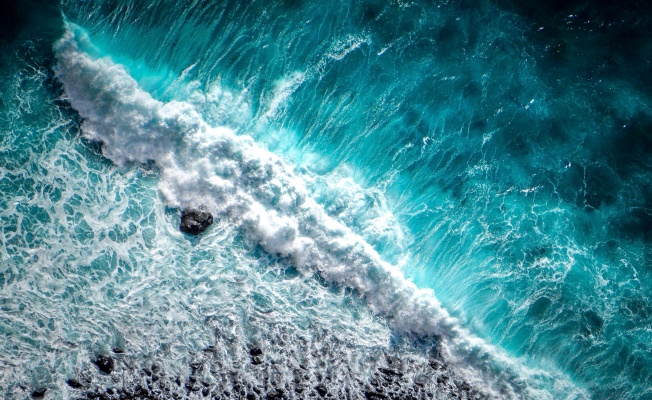Presentation
Life Below Water and Microplastic Pollution: From Science to Policy | RFSD2022
Side event to the UNECE Regional Forum on Sustainable Development organised in collaboration with the Geneva Environment Network, the Geneva Beat Plastic Pollution Dialogues, Switzerland and Norway.
Wednesday, 6 April 2022 (1:15-2:45 pm- CET), virtual
Registration : https://bit.ly/3w3AzEt
ABOUT THE EVENT
The aim of this multistakeholder and evidence based policy focused event is to provide an overview of the current global state of science and policy of marine pollution by microplastics and possible impacts on life below water and to discuss the nexus of science, policy and action to achieve target 14.1.
Preventing and significantly reducing marine pollution including marine debris is central for protecting the marine life and attaining the objectives of sustainable development and Agenda 2030.
Plastics production and use of plastic materials grows exponentially. Consequently, plastic pollution leakage into aquatic ecosystems has grown sharply in recent years and is projected to more than double by 2030, according to the UN Environment Programme 2021 assessment, with important consequences for human health, the global economy, biodiversity and climate.
This side event will focus on microplastics, a tiny plastic material with a size below 5 mm. Microplastics can be formed following the fragmentation of the plastic waste, washed out from synthetic clothes, car tyres or other products. They are widespread in the environment and can be found everywhere from the deep ocean to the most remote areas of our planet. The estimations show that up to 51 trillion microplastic fragments can be found on the surface of the ocean. They are environmentally persistent, transported over long distances, bioaccumulated in biota and have a potential to affect the life below water. Tackling such pollutants needs global actions.
As agreed at the last session of the United Nations Environment Assembly, an intergovernmental negotiating committee should be convened to develop an international legally binding instrument on plastic pollution, including in the marine environment, and should commence its work in the second half of 2022, with the ambition of completing its work by the end of 2024. An ad-hoc open-ended working group will convene during the first half of 2022 to prepare for the work of the intergovernmental negotiating committee.
What are the up-to-date scientific advancements concerning the possible effects and risks by microplastics to the aquatic life and biodiversity? What are the major sources and their relative contribution to the global microplastics budget? What are the scientific needs of policy and governance? How can this knowledge support global policy and governance, including the UN Ocean Conference, a new instrument on plastic pollution and achieving SDG14? These are some questions that will be tackled to provide a scientific perspective of the plastics crisis with emphasis on microplastics feeding the ongoing discussions on a global policy framework on plastics.
AGENDA
|
1:15 – 1:25 |
Opening H. E. Amb. Franz Perrez, Swiss Ambassador for the Environment |
|
1:25 – 1:40 |
Scientific Perspective Professor Vera Slaveykova, University of Geneva |
|
1:40 – 2:30 |
Panel discussion Heidi Savelli-Soderberg, Programme Officer, United Nations Environment Programme Nuno Lacasta, President, Portuguese Environment Agency Jost Dittkrist, Programme Officer, Secretariat of the Basel, Rotterdam and Stockholm Conventions |
|
2:30 – 2:45 |
Closing remarks Jannicke Graatrud, Minister, Deputy Permanent Representative of Norway to theUnited Nations and other International Organizations in Geneva |
Moderation: Diana Rizzolio, Geneva Environment Network (GEN)

